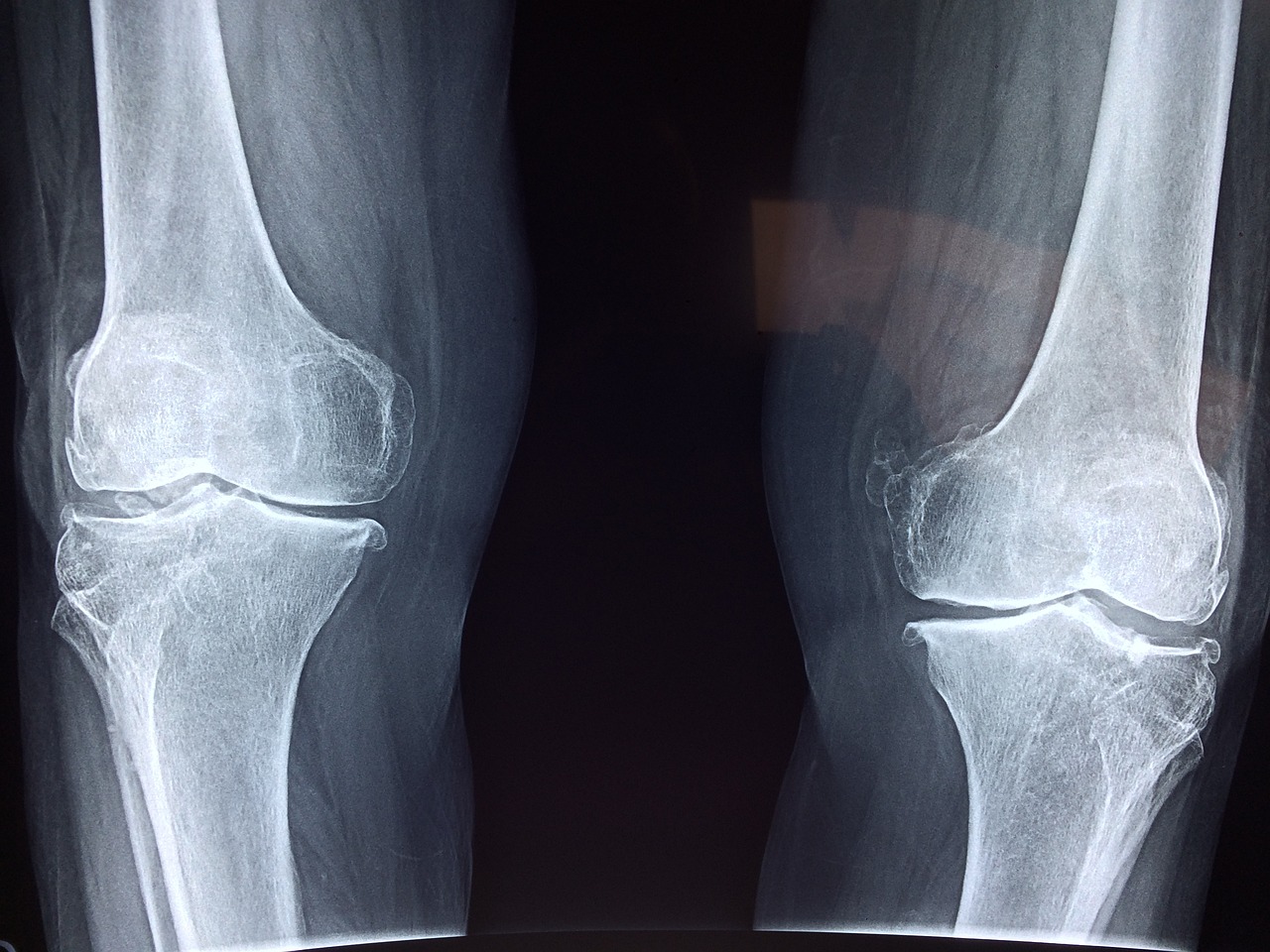Article Title:The plight of the able-bodied poor and the unemployed in urban France, 1880-1914
Abstract:
In the period 1880-1914, France pioneered social-welfare programmes for some categories of the population, but was decades behind some European nations in other areas. The image of France as a social-policy laggard is accurate when on considers its record of dealing with the unemployed, the labouring poor and rural migrants to cities. Hand in hand with the tendency for France as a whole to spend more on public assistance as the century ran its course was a tendency to assist in a different manner, and to limit the fruits of this expansion to certain segments of the population-women, children and the elderly. Increased assistance for some was matched by an increasingly repressive attitude (and actions) towards others. If the period 1890-1914 witnessed the introduction of important social reforms, it also witnessed one of the most repressive policing campaigns in the history of modern France. Vagabonds were banished to colonial prisons, and outdoor relief systems were scaled back in several cities. An important counter-current to republican 'solidarity' was flourishing at the same time and it should be considered as a serious counterweight, or at least backdrop, to the social reform movement of the time, for it set limits on what was possible.
Keywords: France; public assistance; social reform
DOI: 10.1177/026569140003000201
Source:EUROPEAN HISTORY QUARTERLY
Welcome to correct the error, please contact email: humanisticspider@gmail.com



